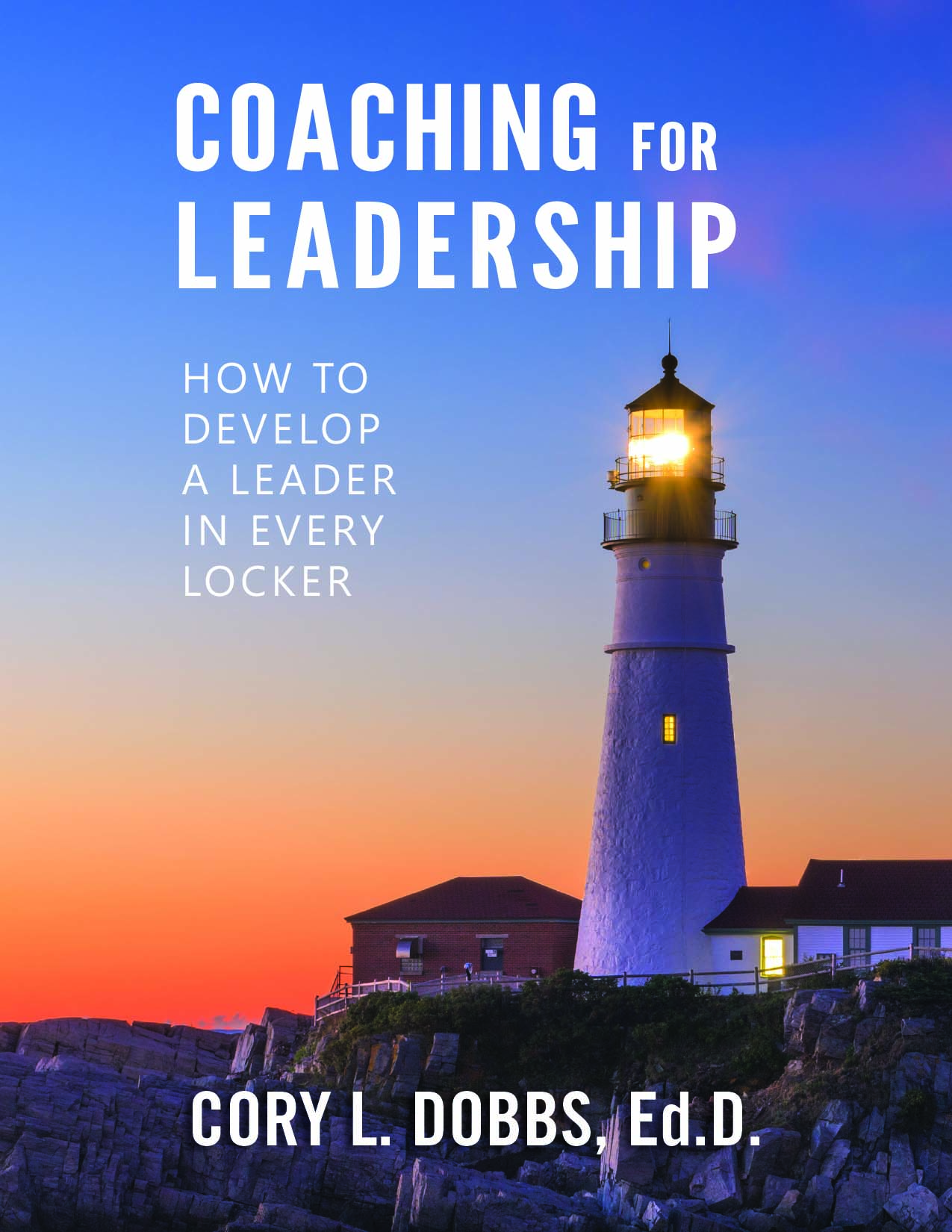Focus on the Coaching Staff
HEALTHY CONVERSATION: THE STARTING POINT
The most valuable resource in any organization is the human resource. The second most valuable resource may just be the way we talk to one another. That’s because we spend a considerable part of our work lives in conversation—it’s the way we get things done. And the way we talk and relate to one another is expressed in conversation. So it’s appropriate to suggest that conversation determines the quality of our work and our work life—for better or worse.
To that end, while it’s self-evident that we have more tools for communication than ever before, our exchanges seem more fragmented and our relationships more disconnected causing us to miss out on the promise of conversation. Therefore, we need to get smart about how we talk to one another.
Over the past decade and-a-half I’ve witnessed many dysfunctional coaching staffs. The primary dysfunction is rarely a result of coaching strategy, tactics, or philosophy. Rather, it is manifested in the way the staff members talk with one another. The complexity of coaching a team requires a coaching staff to think together, which is accomplished through conversation. Unfortunately this is often where the wheels fall off the team bus.
[thrive_leads id=’9951′]
Think of a conversation as a dynamic, interactive process that unfolds over time among individuals. For the most part, the objective of deep conversation (we’ll save shallow conversation for later) is to solve a problem—either task related or person and performance. The implied goal of communication is to “share” one’s reality. The flaw is that reality is produced by our individual filters and colored by our unique experiences.
To build a high-performance coaching staff necessitates conversational participants connect rigorously (intensity) and relationally (intimately). Rigorous conversation is communication that is authentic and stimulates a search for reliability, while relational conversation is designed to promote healthy working relationships and a stimulating environment. The essence of rigorous and relational conversation is not only to share one’s reality, but to create a reality that includes the voices of all participants.
The coaching world resides in a complex setting—mixing human behavior and real-time decision making. Most coaches (head and assistant) don’t want merely to survive the decision making process; they want to be effective, or even excellent at what they do. To do so requires the coaching staff to understand that conversational experience is a vital part of the message. That is, communication occurs from an emotional, ego-driven perspective as much as it does from a logical mindset.
The emotional aspect of conversation often is a trigger to a quick death of communication. When someone disagrees with us, we get angry or defensive, and, depending on the status difference, we are likely to dismiss the other’s input. After all, we simply want the other person to see the world as we see it.
I believe we can transform the way your coaching staff works. I think rigorous and relational conversation is the answer. I make this assertion because I know that small-scale conversation is the beating heart of any team. One conversation, moment, or incident, can have a profound impact on an individual or a team. One comment, question, or discussion can inspire and provoke fundamental change. Truth be told, rigorous and relational conversation is the only way to build harmonious, constructive, and mutually beneficial relationships that produce high performance.
New to the Second Edition of Coaching for Leadership!
We are pleased to announce a new chapter to the second edition of the best-selling Coaching for Leadership. The chapter, The Big Shift: Unlock Your Team’s Potential by Creating Player-Led Teambuilding, connects the previous edition of this book to its origin, as well as to the future of team sports.
The new chapter sets forth a practical and applicable agenda for change and improvement. The reader is introduced to seven vital elements of change; seven shifts of traditional mental models that lead to the new core principles necessary for creating a player-led team culture. Click here for more information about Coaching for Leadership
About Cory Dobbs, Ed.D.
Cory Dobbs is the founder of The Academy for Sport Leadership and a nationally recognized thought leader in the areas of leadership and team building. Cory is an accomplished researcher of human experience. Cory engages in naturalistic inquiry seeking in-depth understanding of social phenomena within their natural setting.
A college basketball coach, Cory’s coaching background includes experience at the NCAA DII, NJCAA, and high school levels of competition. After a decade of research and development Cory unleashed the groundbreaking Teamwork Intelligence program for student-athletics. Teamwork Intelligence illuminates the process of designing an elite team by using the 20 principles and concepts along with the 8 roles of a team player he’s uncovered while performing research.
Cory has worked with professional athletes, collegiate athletic programs, and high schools teaching leadership and team building as a part of the sports experience and education process. As a consultant and trainer Dr. Dobbs has worked with Fortune 500 organizations such as American Express, Honeywell, and Avnet, as well as medium and small businesses. Dr. Dobbs taught leadership and organizational change at Northern Arizona University, Ohio University, and Grand Canyon University.
